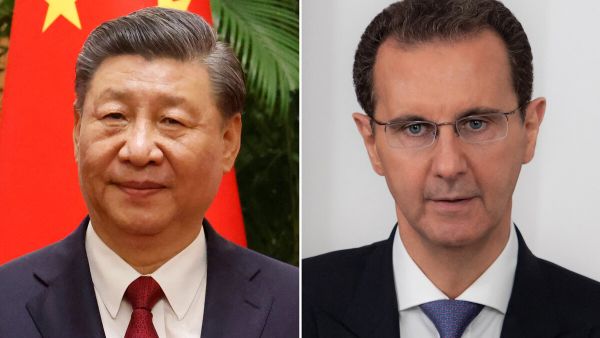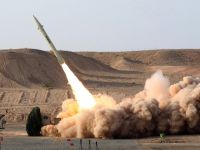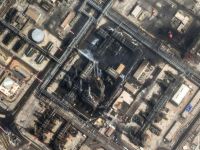ALBAWABA - In his first official state visit to China in almost two decades, Syrian President Bashar al-Assad arrived in Hangzhou, where he's expected to pledge financial support to help rebuild his devastated country.
President Bashar al-Assad and First Lady, Asma al-Assad arrived at the Hangzhou Airport upon an official invitation by Chinese President Xi Jinping and were greeted on the ground by celebratory music and rows of performers dressed in colorful costumes, as Chinese and Syrian flags flapped in the sky.
Syrian president and other foreign leaders will meet in Hangzhou with Xi to discuss joint relations. According to the Syrian presidency, al-Assad is also expected to travel to Beijing. The visit will be his first to China since 2004.
Oussama Dannoura, a Damascus-based political scientist, told AFP: "This visit represents an important rupture in the diplomatic isolation and the political siege imposed on Syria".
"China has been breaking Western taboos that seek to prevent a number of states from dealing with countries that Washington considers isolated," Dannoura added.
Since the start of the Syrian crisis in 2011, al-Assad has only visited and handful of countries outside the Middle East, a crisis that resulted in the killing of hundreds of thousands of Syrians and displaced millions scattering them across the globe.
Adding to a list of a number of world leaders who were not warmly welcomed in the West, al-assad's visit becomes the latest. The list includes Venezuelan leader Nicolas Maduro and Iran's President Ebrahim Raisi visiting this year, as well as top Russian officials.
China's ties in the Middle East
The past couple of months have witnessed a fast-paced expansion in China's presence in the Middle East, as Beijing brokered a deal between Saudi Arabia and Iran that resulted in repairing the long-severed relations between the two countries, where both Riyadh and Tehran re-opening their embassies.
This was followed by Syria's return to the Arab fold at a summit in Saudi Arabia in May, ending more than a decade of regional isolation.
Syria's crisis began after Assad's oppression of peaceful pro-democracy protests escalated into a deadly conflict that pulled in foreign powers and jihadists.







